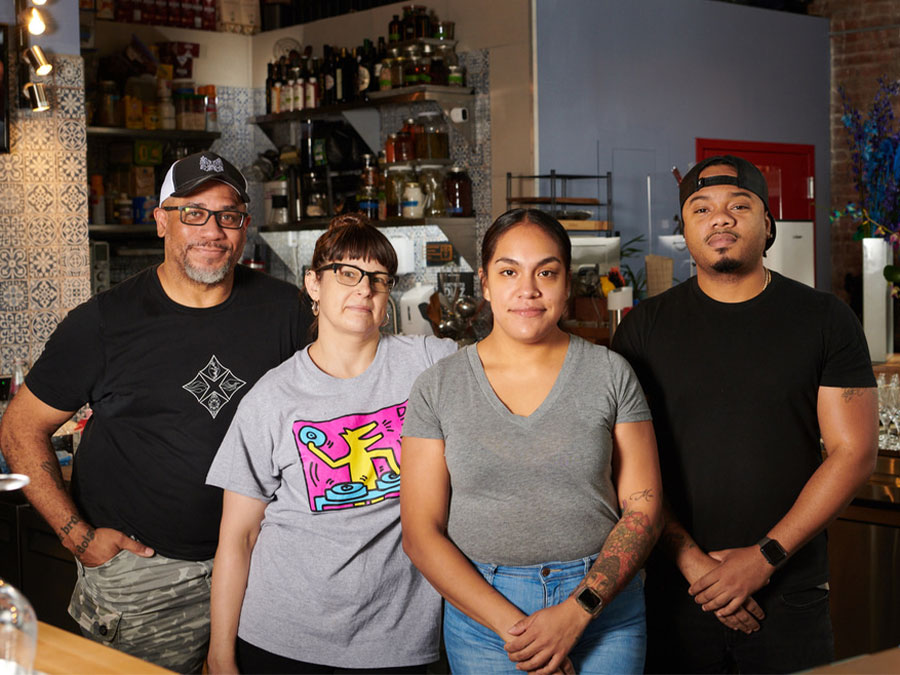More than a million workers have left the restaurant industry since the beginning of the pandemic. Low wages may be one factor: Seven out of ten of the lowest-paid jobs in the workforce are in the restaurant industry.
One Fair Wage, an organization that aims to end the subminimum wage, conducted a survey in May 2021, finding that 53 percent of all restaurant workers had considered leaving their job since the COVID-19 pandemic—39 percent of them due to concerns of customer hostility and harassment, 55 percent of them due to COVID-19 safety concerns, and 76 percent of them due to low wages and tips. After decades of enduring the sub-minimum wage, which still exists in 43 states and allows tipped workers to be paid $2.13 an hour, restaurant workers are ready for change.
Through a press call on Valentine’s Day, typically the highest-grossing day of the year for restaurants, One Fair Wage announced the 25 x 25 x 250 campaign. It aims to commit $25 million to raise wages and end the subminimum wage in 25 states by 2026, the United States’ 250th anniversary.
On the call was Angela Glover-Blackwell, founder of the research and action institute PolicyLink, joined by Saru Jayaraman, One Fair Wage’s president and co-founder, and other supporters of One Fair Wage. Glover-Blackwell described sub-minimum wages in the restaurant industry as a legacy of slavery. “When slavery ended, white owners did not want to pay black workers, so they developed tips as a way for the customers to pay directly,” she stated.
Jayaraman noted a shift in the political winds when a ballot measure to raise the minimum wage in Washington, DC was approved by the city council last fall. “Restaurants that fought this [issue] in 2018 are now paying this and saying, ‘We can’t do it alone. We need policy,’” said Jayaraman of efforts to remove the sub-minimum wage.
Chef Russell Jackson, owner of Reverence in Harlem, sits on One Fair Wage’s Board of Directors. He says he’s working to set a precedent for the industry: “We pay a living wage. We have a fair tip share. We think of how we treat our staff, and think about the longevity and wealth-building for our community and for ourselves. It’s not rocket science.” He cited the Employee Retention Tax Credit as an important benefit that kept his business afloat.


Actress and activist Jane Fonda has been campaigning in Michigan for One Fair Wage with her 9 to 5 co-star Lily Tomlin. The state saw a 300 percent increase in voter turnout in 2018 when the organization introduced a ballot measure to raise the minimum wage. Of the 25 x 25 x 250 campaign, Fonda stated, “It’s going to raise wages; it’s going to boost the economy; we’re going to get workers back to work. We’re going to allow restaurants to reopen and drive voter turnout.”
Alessandra Biaggi (D-NY), the prime Senate sponsor of the One Fair Wage bill in New York State, stated, “If we don’t address this issue urgently and with the care it deserves, the sub-minimum wage will leave a lot of these workers vulnerable to things like hostility, harassment, and violence from the same customers they have to rely on for tips.”
David lives in New York City and is always looking for the next wine story worth sharing.
This story appears in the print issue of Spring 2022.
Like what you read? Subscribe today.


















